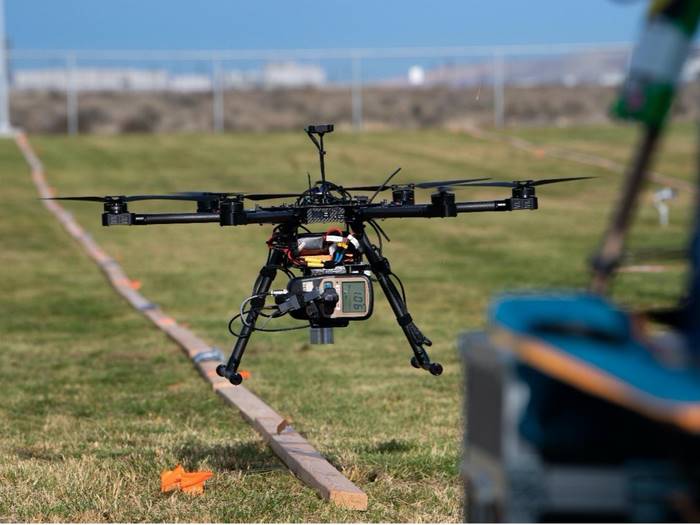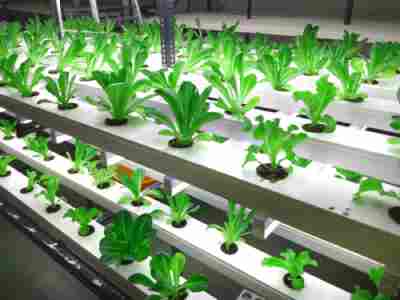Uber has introduced several new environmentally friendly features, services, and expansions in its ongoing efforts to promote sustainable transportation. The announcements were made at Uber’s annual Go-Get product event, with a focus on sustainability, held in London.
During the event, Uber CEO Dara Khosrowshahi emphasized the company’s commitment to making transportation more environmentally sustainable for its millions of monthly users. Uber aims to facilitate green driving and riding experiences.
One of the key developments is the expansion of Uber’s peer-to-peer Carshare service, previously available only in Australia, to North America. Through this service, car owners can rent out their vehicles, encouraging fewer people to own cars.
Uber is also introducing gamification to the process of booking electric cars. Riders who choose Uber Green vehicles, including those from the premium Comfort Electric fleet, can track the amount of CO2 they have saved by booking electric cars.
A noteworthy addition to the driver app is the implementation of smart charging, which utilizes machine learning and real-time data to suggest optimal times and locations for drivers to recharge their vehicles. Trip requests will also be filtered based on the driver’s battery level, ensuring that more journeys end near suitable charging stations.
Uber has enhanced its navigation algorithms to improve fuel efficiency by considering factors like terrain and traffic patterns. This feature was initially available in North America and will be expanded globally later this year, with riders receiving in-app notifications about eco-friendly routes.
In addition to these features, Uber introduced UberX Share, an updated version of Uber Pool, available in over 50 cities, including 18 new locations.
Uber is also addressing its broader environmental impact. The company has committed to eliminating emissions from its entire fleet, including the Uber Eats food delivery platform, by 2040. It also aims to reduce plastic waste, although the definition of “unnecessary” plastic waste remains unclear.
To support its sustainability efforts, Uber plans to collaborate with organizations like the World Wildlife Fund and e-mobility companies. It will create a filter on Uber Eats to allow customers to choose restaurants that use sustainable packaging, starting with selected cities this year.
Uber’s ambitious goals include achieving 100% zero-emission vehicle usage among couriers by 2040 and ending all unnecessary plastic waste on Uber Eats by 2030. While these challenges are significant, Uber sees them as a natural extension of its commitment to sustainability.
- Company press release







